
Leslie Tari, PhD, discusses the treatment and prevention of influenza.
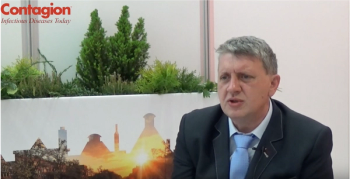
László Majoros, MD, PhD, discusses how nearly all invasive fungal infections are being treated with echinocandins.
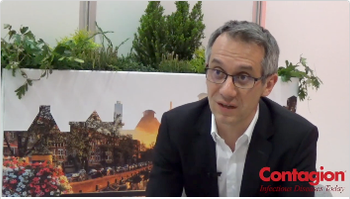
Tristan Ferry, MD, PhD, discusses bacteriophage therapy as an alternative treatment for certain patients.
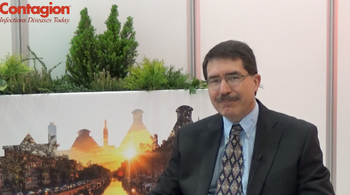
Marin Kollef, MD, discusses what makes the 3-gram dose regimen of ceftolozane/tazobactam unique.
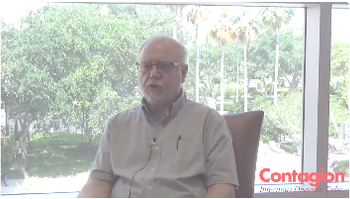
Glenn Tillotson, PhD, discusses possible avenues for future research on gram-negative skin infections and inappropriate empiric therapy.

Matthew Girgis, PharmD, PGY-2, discusses why it's advantageous to decrease patient exposure to vancomycin.

We asked providers in the field why they pursued a career in infectious disease.
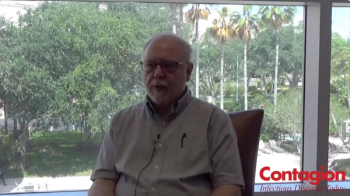
Glenn Tillotson, PhD, explains how inappropriate empiric therapy can drive poor outcomes.

Experts provide community physicians treating HIV with practical advice for screening, diagnosing, and managing patients with HIV.
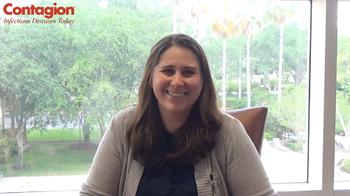
Kimberly Claeys, PharmD, discusses the need for more data on rapid diagnostics for gram-negative bloodstream infections.
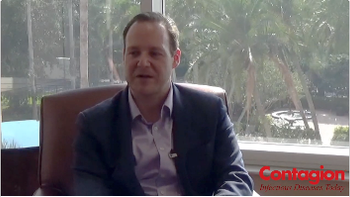
Jason Gallagher, PharmD, FCCP, FIDSA, BCPS, previews his editor-in-chief letter for the June issue.
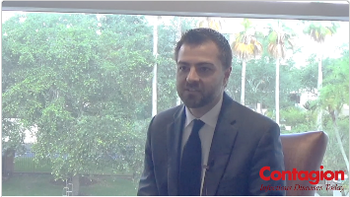
Ryan K. Shields, PharmD, MS, Contagion®'s Multidrug-Resistant Infections Section Editor, previews the upcoming June issue.

Section Editor, Monica Mahoney, PharmD, shares a preview of the June issue of Contagion.
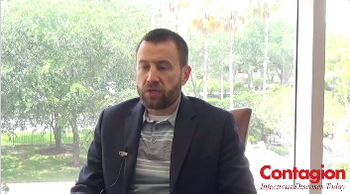
Thomas Lodise, PharmD, PhD, discusses why "time to clinical response" is a valuable metric to use in clinical studies.

Minh-Hong Nguyen, MD, explains why it's so important to continue developing new antifungal drugs.

Steven Tong, PhD, discusses the next steps for research on combination therapy for MRSA bacteremia.

Vanessa Stevens, PhD, discusses her research on fluoroquinolone and cephalosporin prescribing and rates of Clostridium difficile infections at VA health care facilities.

Ben Berkhout, MD, PhD, discusses his work on the development of a novel curative strategy for HIV-1 infected individuals.
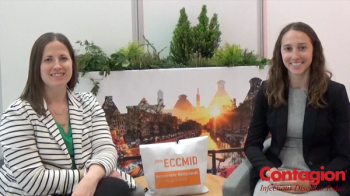
Elizabeth Hirsch, PharmD, and Mélanie Mahoney, PharmD candidate, discuss their poster on Escherichia coli ST131 in Boston vs Minneapolis at ECCMID 2019.

Marin Kollef, MD, discusses recently approved agents targeting antibiotic resistant gram-negative bacteria and what to expect in the next 5 years.
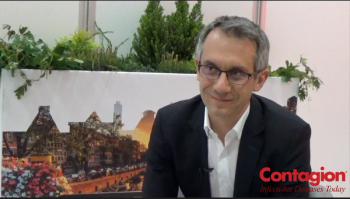
Tristan Ferry, MD, PhD, discusses why there is a need to develop alternatives to treat chronic bone and joint infections.

Laura Shallcross, PhD, discusses how clinicians have “a low threshold” for initiating antibiotics in the emergency department for patients with symptoms similar to a UTI.

Leslie Tari, PhD, discusses Cidara Therapeutics' Cloudbreak antiviral initiatives.
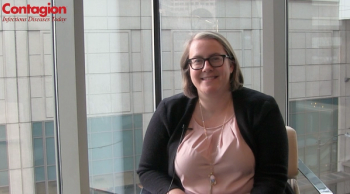
Melanie Nicol, PharmD, PhD, explores how DMPA hormonal contraception affects women's HIV risk.

Brian Woodfall, MD, discusses how long-acting injectables offer a new treatment option for patients with HIV in terms of long-term therapy.

Paul Sax, MD, names the DISCOVER study as one of the highlights of CROI 2019.

Saye Khoo, MD, advocates for a more appropriate, stratified, risk-based approach to prescribing dolutegravir in pregnant women.

Bluma Brenner, PhD, explains the driving factors behind the push for new antiretroviral drugs for HIV treatment.

Brian Woodfall, MD, shares his opinion on some of the biggest advancements in HIV treatment and prevention.

Paul Sax, MD, reacts to the ATLAS and FLAIR studies on long-acting injectable therapy.